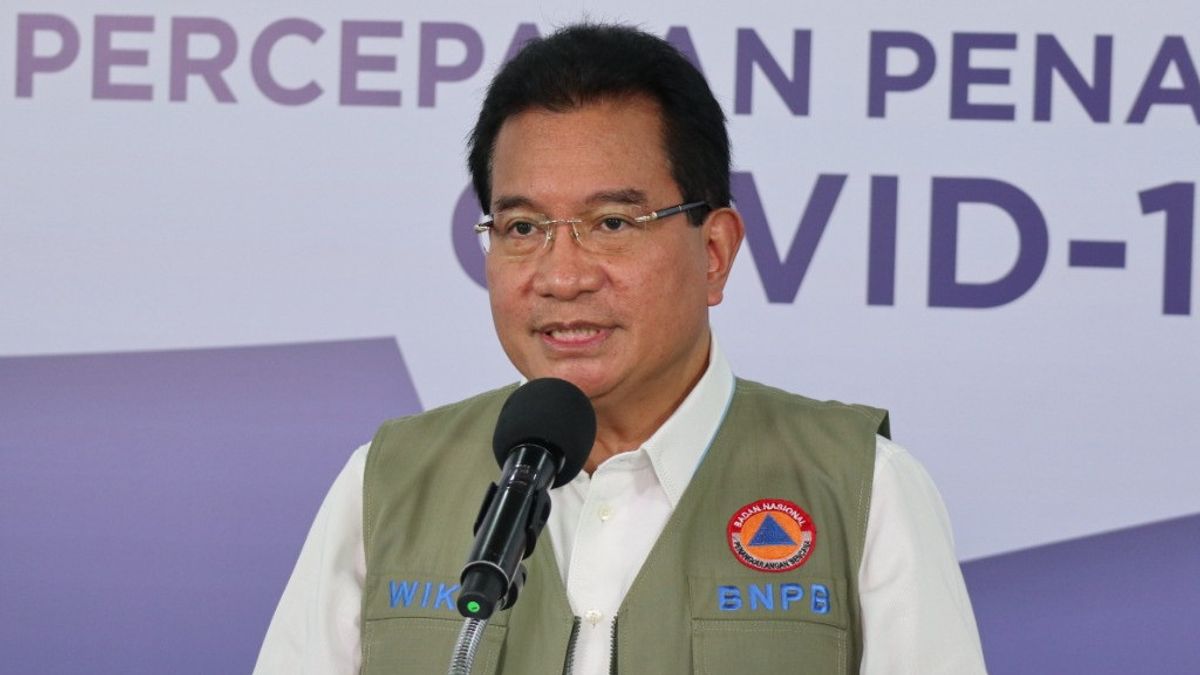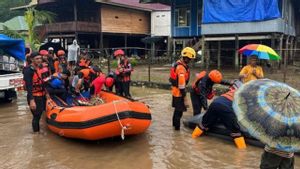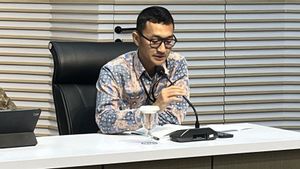JAKARTA - Spokesperson for the COVID-19 Task Force, Wiku Adisasmito, regrets the high mobility of the community after four days of implementing the Java-Bali emergency PPKM.
"During the several days of implementing the emergency PPKM, the mobility of the people still seemed quite high," said Wiku in a Youtube video broadcast by the Presidential Secretariat, Tuesday, July 6.
Wiku asked the public to understand that this high mobility of people needs to be suppressed, so that the rate of transmission that occurs can also decrease immediately.
"I ask the public to be able to comply with the provisions that apply during the emergency PPKM period," said Wiku.
The high mobility of the community can be seen from the number of motorists who crowded a number of roads due to closures and insulation.
Then, there are still non-essential sector offices that still tell employees to work in the office or work from office (WFO). In fact, the government requires the business sector other than essential and critical to work at home or work from home (WFH) 100 percent.
"The non-essential sector is asked to comply with regulations related to Emergency PPKM which requires employees to fully work from home," said Wiku.
In addition, for people who are active in essential and critical sectors, Wiku urges them to fulfill the document requirements before carrying out activities. One of them is a letter of registration of workers (STRP) enforced by the provincial government of DKI Jakarta.
Wiku said, the community mobility index must really be lowered to 50 percent during the Emergency PPKM period so that the transmission of COVID-19 cases can be suppressed.
"If the community does not have an urgent interest, then they are asked to stay at home to minimize the risk of transmission," he concluded.
The English, Chinese, Japanese, Arabic, and French versions are automatically generated by the AI. So there may still be inaccuracies in translating, please always see Indonesian as our main language. (system supported by DigitalSiber.id)













